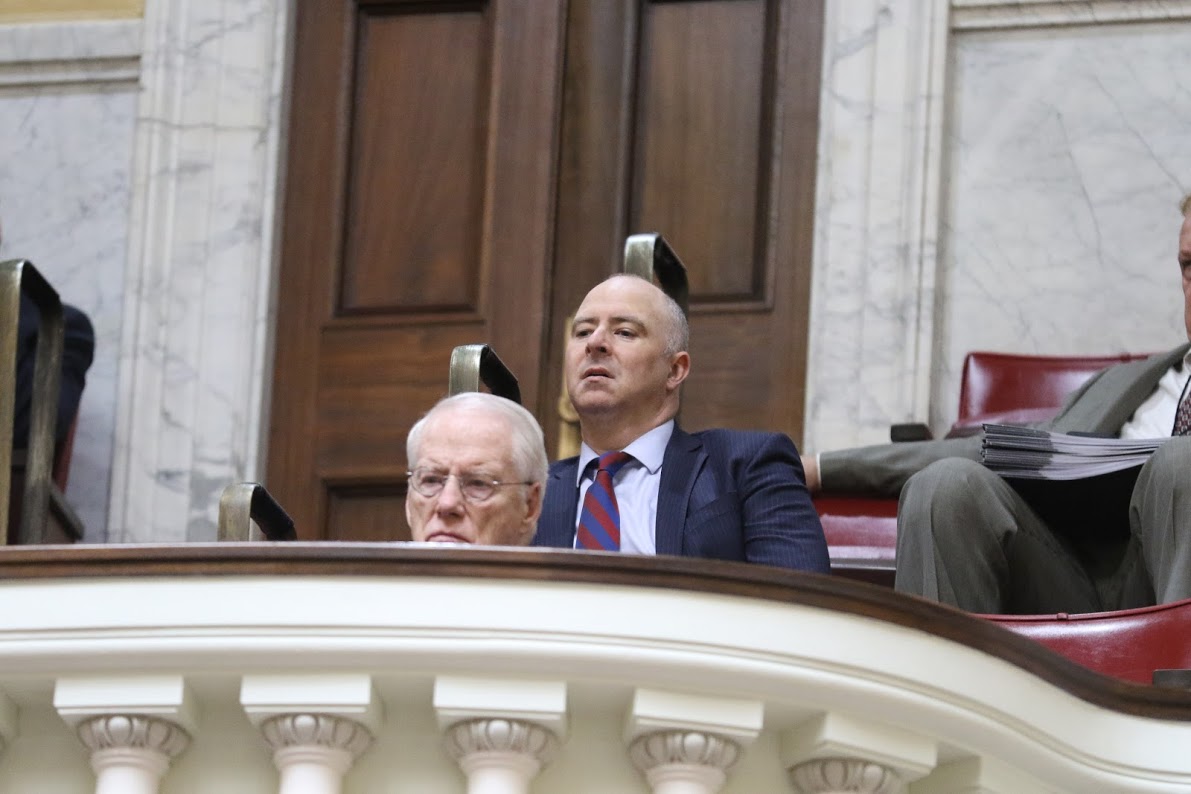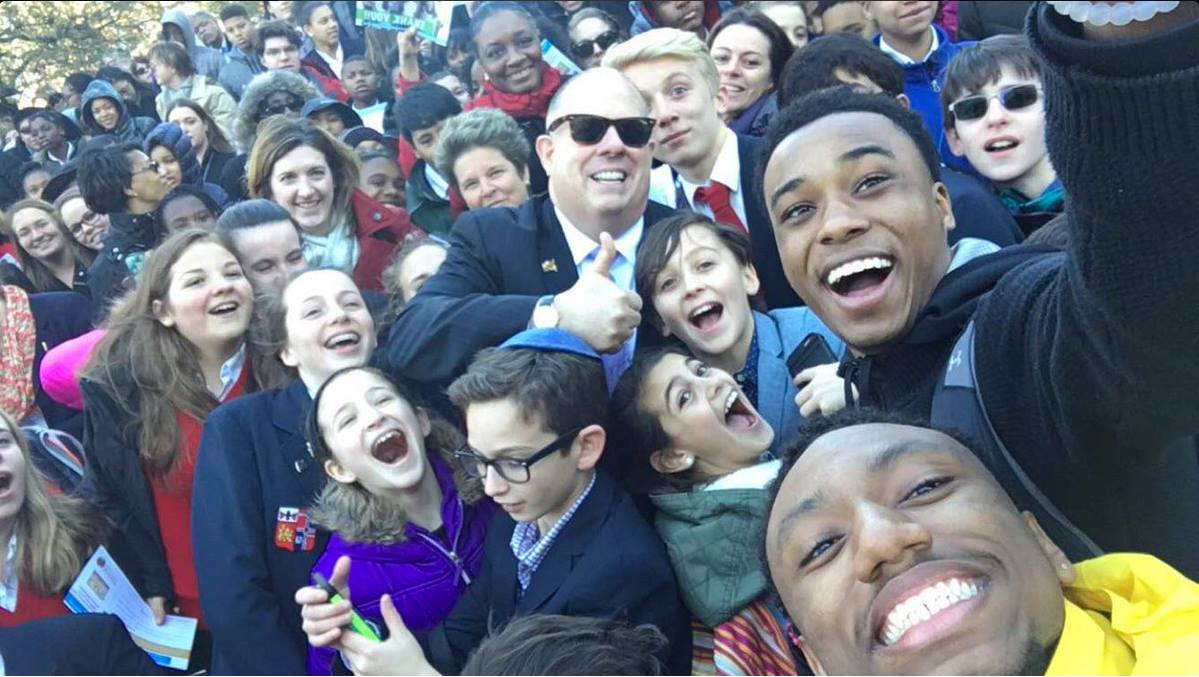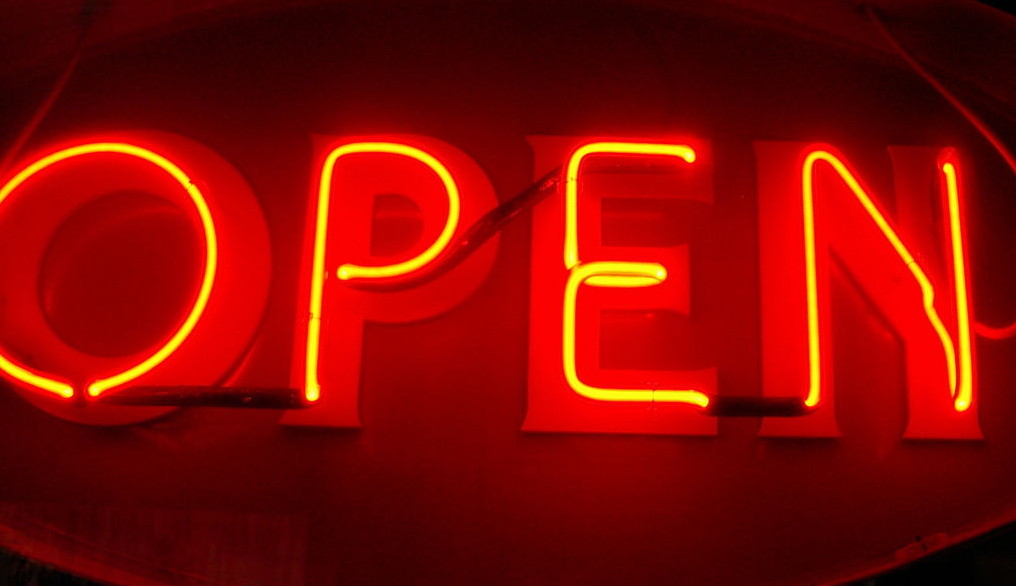By PATRICK HAUF
ANNAPOLIS, Md. — The veto of a multi-billion dollar education bill in Maryland may be overridden this week, along with tax increases to fund it, as the state Legislature is expected to take up the three related bills by Friday.
The Senate is expected to override Gov. Larry Hogan’s veto of the Blueprint for Maryland’s Future education bill during its Friday session, after it was overridden first by the House of Delegates Monday.
The bill includes a 10-year plan that increases state funding to address issues of concern within the education system detailed by the Kirwan Commission.
If passed into law, HB1300 would increase teacher pay, provide additional resources for schools in poverty-stricken jurisdictions, expand prekindergarten, and more.
Many local school and teacher advocacy groups, such as Strong Schools Maryland and the Maryland State Education Association, have backed efforts from the Democratic leadership to pass the Blueprint for Maryland’s Future.
“We are optimistic that the Senate will vote to override the veto soon and get the Blueprint across the legislative finish line, which is just the start of this transformational work to support our students, educators, and schools,” said Cheryl Bost, president of the Maryland State Education Association, in a press release.
Republicans oppose the bill due to concerns over the ensuing tax increases needed to fund it, especially amid a pandemic.
“The last year has been challenging for all Marylanders and the last thing they need right now is higher taxes and increased costs,” Assistant Minority Leader Matt Morgan, R-St. Mary’s, said in a press release. “Unfortunately, there are far too many legislators who don’t understand how to lead or manage through a crisis unless it involves raising taxes.”
The Blueprint for Maryland’s Future would cost roughly $15 billion in total through 2030, according to a fiscal analysis.
Maryland ranks 15th among states in per-pupil spending for education, according to educationdata.org.
The Kirwan bill cites income and sales taxes, along with gaming proceeds, as revenue used to fund the plan.
The Democratic leadership has two additional bills that would increase and establish specific taxes as an effort to fund the program long term, as the annual expenditure of the plan increases 273 percent from 2022 to 2030.
The 21st–Century Economy Fairness Act, HB0932, which establishes taxes on digital goods such as streaming services, e-books, and apps, was passed last year and vetoed by the governor, but that veto was also overridden by the House on Monday.
Another tax bill passed last year and vetoed by the governor, HB0732, would have established the nation’s first tax on digital advertising, in addition to increasing taxes on tobacco products.
House Speaker Adrienne Jones’ office, D-Baltimore County, told Capital News Service the plan is for the House to vote on overturning the HB0732 veto Thursday.
The Senate then plans to overturn the vetoes on tax increases Friday in addition to overturning the Kirwan veto, Sen. Arthur Ellis, D-Charles, told CNS.
Once a veto is overridden by both chambers, it becomes law.
Republican leadership in both chambers have made clear their opposition to raising and establishing new taxes amid a pandemic, but Democrats have a veto-proof majority.
Marylanders For Tax Fairness has led the campaign against the digital advertisement tax, arguing that a tax on big tech companies’ advertising would lead them to charge businesses more, which would hurt Maryland businesses during a pandemic that has led to a significant increase in online advertising.
“He thinks he’s hitting big out-of-state companies, but in reality, he’s swinging and missing — and he’s going to hit his own constituents in the mouth,” Doug Mayer, spokesman for the organization told Capital News Service regarding Senate President Bill Ferguson, D-Baltimore. “There’s not a law they could pass that could stop an out-of-state company from raising prices.”
Mayer also said there could be potential legal concerns on whether the state can selectively tax digital advertising while laying off taxing other forms of advertising.
The House session Thursday and Senate session Friday can be live-streamed on the Legislature’s website, mgaleg.maryland.gov.







Recent Comments